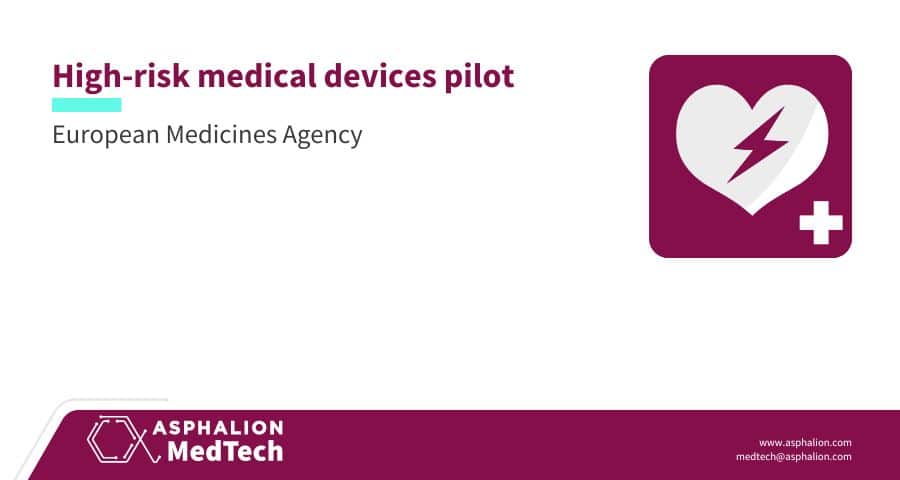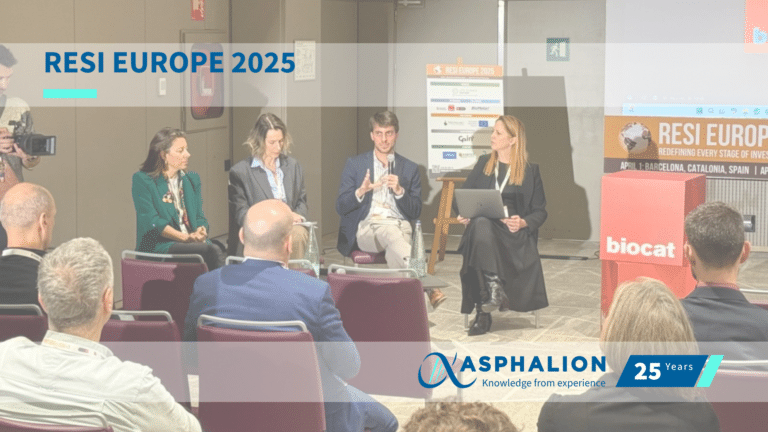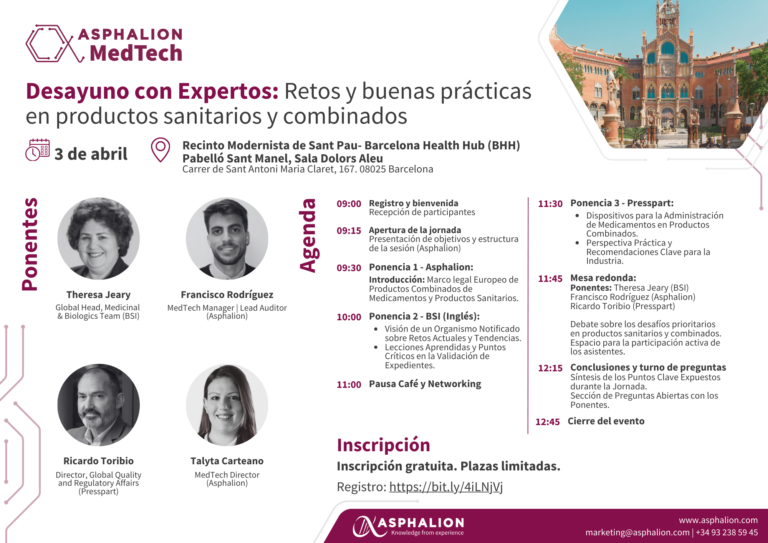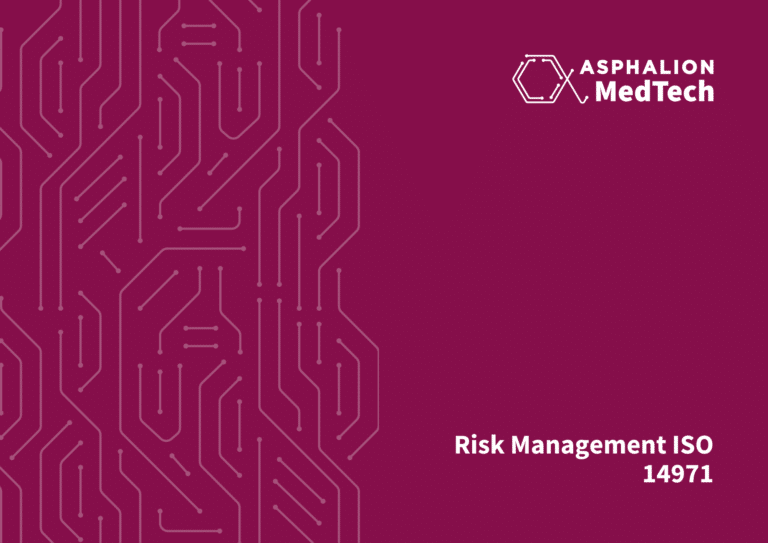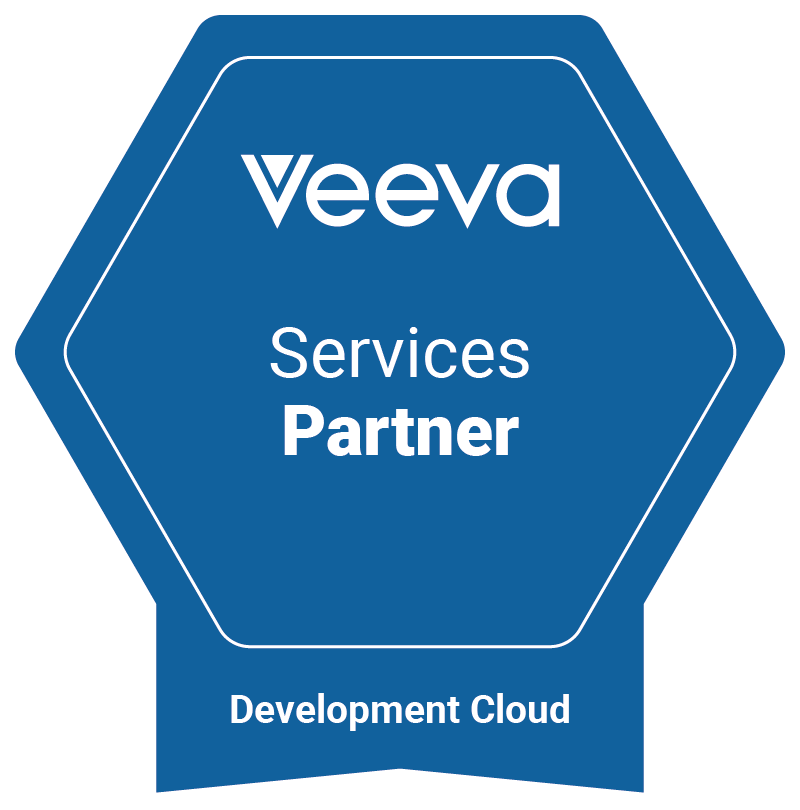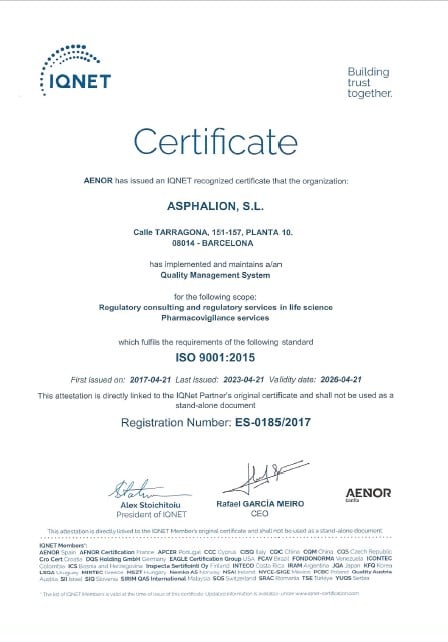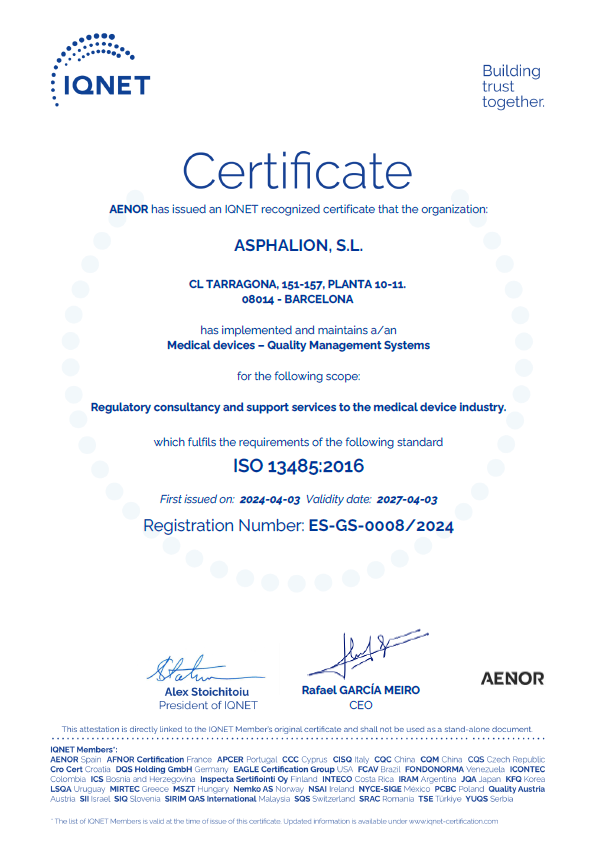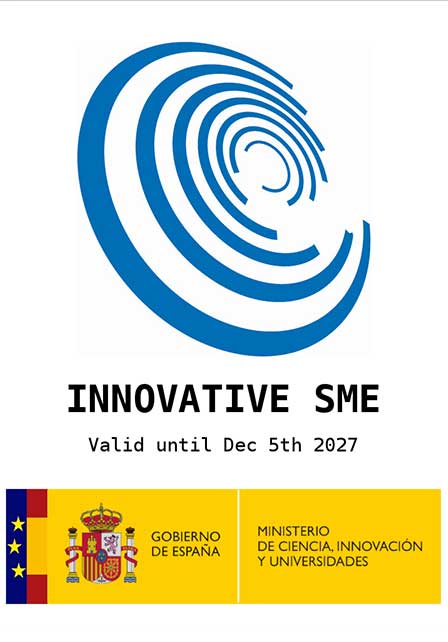The European Medicines Agency (EMA) has recently launched a pivotal initiative for manufacturers of high-risk medical devices. The EMA’s scientific advice pilot is a golden opportunity to collaborate with expert panels and potentially expedite the journey of your innovative devices to the market.
The expert panels will provide free advice to ten selected applicants on their clinical development strategy and/or proposals for clinical investigation. The pilot will last approximately one year and will help to establish an efficient scientific advice procedure.
This initiative aligns with Article 61(2) of Regulation (EU) 2017/745, focusing on class III and class IIb active medical devices.
Highlights of the Pilot:
- Tailored scientific advice from EMA’s expert panels
- Open to EU-based manufacturers or their authorised representatives
- Emphasis on orphan devices, paediatric use, and unmet medical needs
- Special attention to SMEs to ensure diverse representation
EMA invites EU-based manufacturers or their authorised representatives to apply for a third phase of the pilot by 30 June, 2024.
In the first round, the expert panels selected six applications focused on fields such as circulatory system, orthopaedics, neurology and dentistry.
EMA will publish further information on the pilot’s progress, including its second round, in due course.
As the current pilot phase includes a limited number of scientific advice procedures, the expert panels prioritise applications that can cover varied medical areas and device types.
Experts uphold three prioritisation criteria:
- Devices used by a relatively small group of patients to help diagnose or treat a disease or condition - for instance, so-called orphan devices and those for paediatric use;
- Devices that help address unmet medical needs - for example, devices for medical conditions that are life threatening or can cause permanent impairment, and for which the treatment currently available is insufficient or carrying significant risks for patients;
- Novel devices that can have a major clinical or health impact.
Applications from small and medium-sized enterprises (SMEs) receive special attention to ensure their representation in the pilot.
HTA body observation: Applicants can express interest in having an HTA body observe their project, enhancing transparency and collaboration.
Have a look at the complete information here: SCIENTIFIC ADVICE PILOT FOR HIGH-RISK MEDICAL DEVICES
Contact us if you have any further questions at: [email protected]


